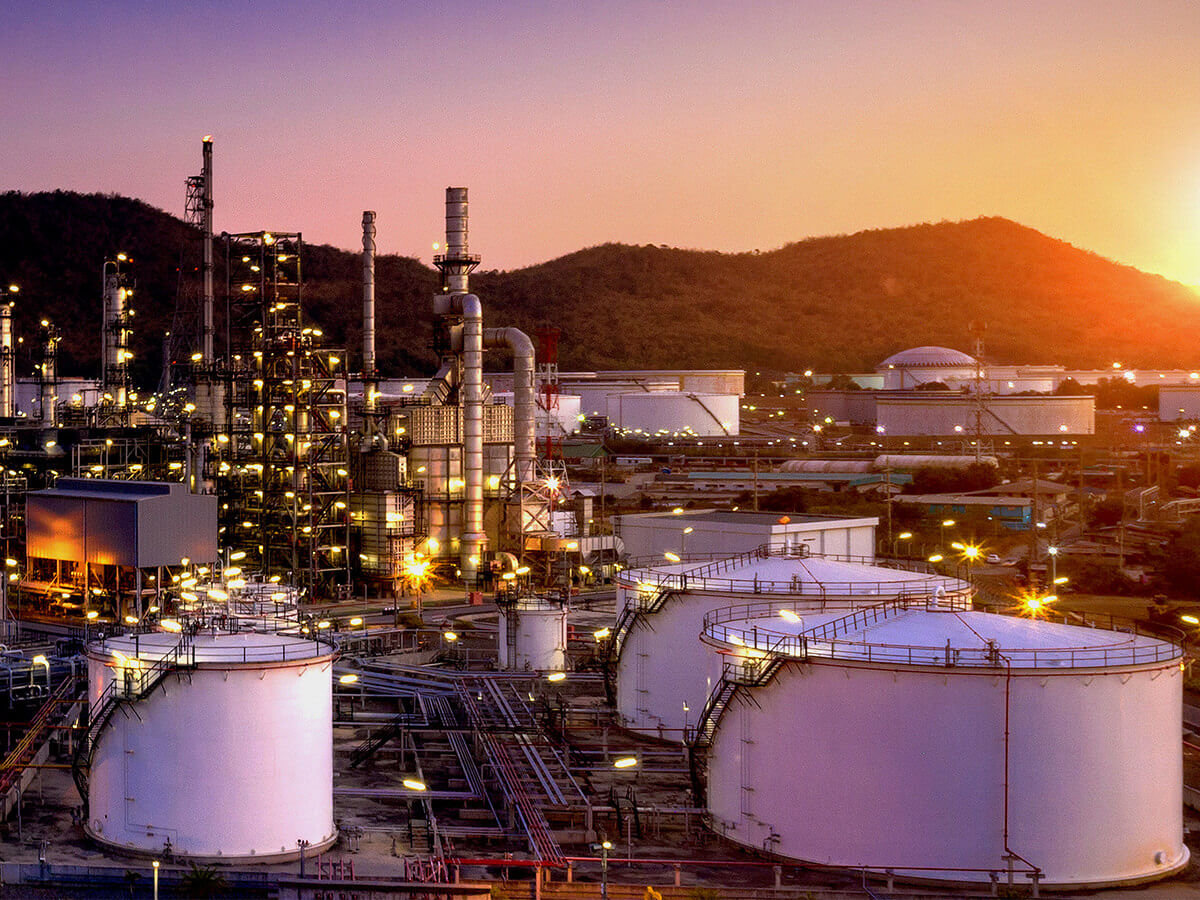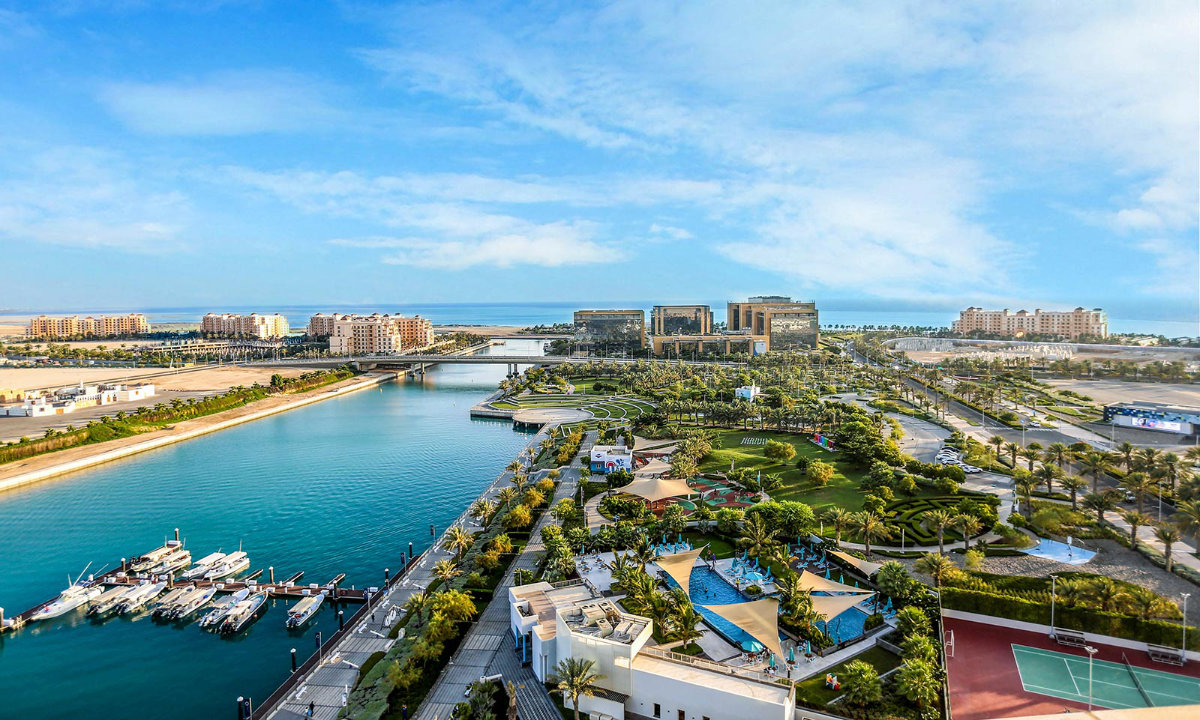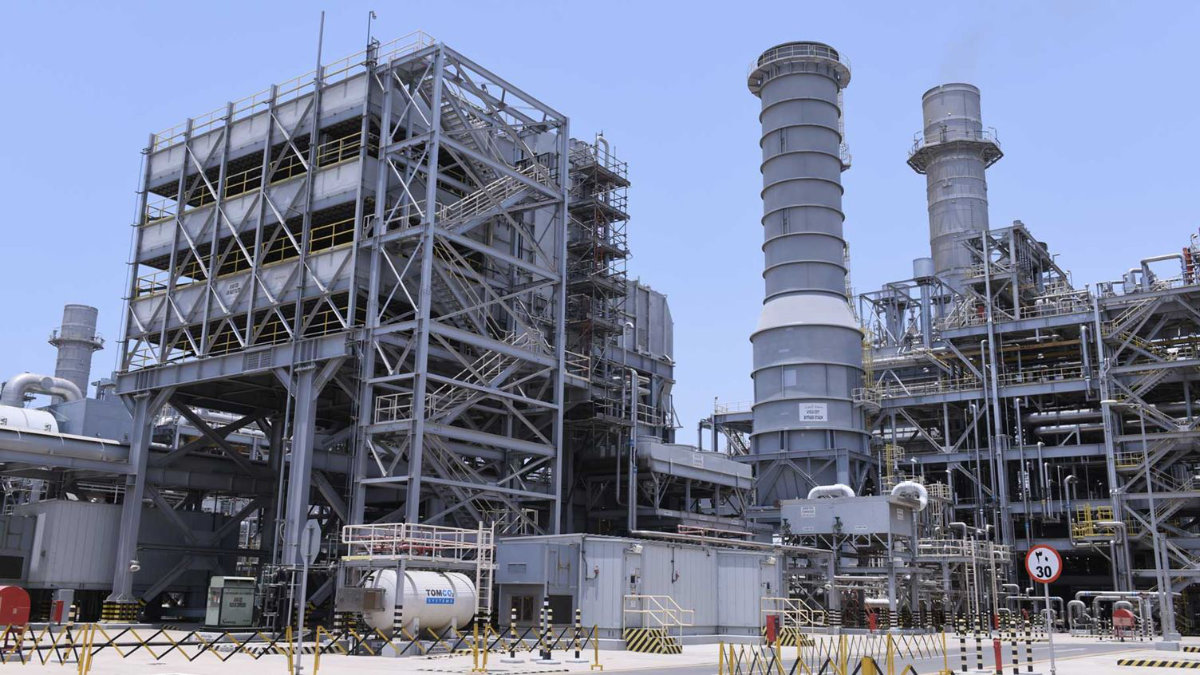RIYADH: As the world marks International Mother Earth Day on April 22, Saudi Arabia continues its effort to mitigate the effects of climate change, accelerate its transition to green energy, promote sustainability, and protect natural habitats through the Saudi Green Initiative.
Launched in 2021, one key SGI target is to reduce carbon emissions by 278 million tonnes per annum by 2030 and to achieve net zero by 2060. The Kingdom hopes to reach this milestone through investments in renewable energy sources like wind and solar.

Three wind projects are under development in the Kingdom, while a fourth, Dumat Al-Jandal, is already the largest operational wind farm in the Middle East, with a 400-megawatt capacity.
Saudi Arabia also operates 13 solar photovoltaic projects. The Al-Henakiyah project is under development and will generate a capacity of 1,500 MW, ranking it among the world’s five largest solar farms.
FASTFACT
• International Mother Earth Day, celebrated every year on April 22, was recognized by the UN General Assembly in 2009 to raise awareness about the importance of protecting the environment.
Besides wind and solar, the Kingdom is also building a green hydrogen project in NEOM and a carbon capture project at the Aramco Research Center at the King Abdullah University for Science and Technology.
The green hydrogen project will produce clean energy derived using renewables, while the carbon capture project focuses on capturing and storing carbon dioxide to help mitigate climate change.
Beyond the transition to green energy, SGI includes projects designed to combat desertification, preserve biodiversity, and promote eco-friendly practices, such as reducing waste in manufacturing.

The carbon capture project of Aramco Research Center at the King Abdullah University for Science and Technology focuses on capturing and storing carbon dioxide to help mitigate climate change. (KAUST photo)
Economic cities and special economic zones are viewed as one solution to the waste problems associated with commercial activity. In the Gulf Cooperation Council area, these are fast becoming a topic of interest for policymakers and businesses.
Saudi Arabia is taking proactive steps to build self-powering economic cities. Regulated by the Economic Cities and Special Zones Authority, the Kingdom aims to attract investment, promote economic growth, and create jobs.
“That’s a real window of opportunity to identify the diversity of industries that can exist within economic cities and how they can benefit from these opportunities to collaborate, extend their networks, and find opportunities for local sourcing,” Rana Hajirasouli, founder of The Surpluss climate tech platform based in the UAE, told Arab News.
Opinion
This section contains relevant reference points, placed in (Opinion field)
Hajirasouli says the annual waste and surplus created by manufacturers worldwide is valued at approximately $780 billion.
This vast sum represents a missed opportunity for companies to maximize their profits and reduce their environmental impact by reassessing waste management practices and adopting more sustainable strategies.
“The problem is not just the waste we throw out and the emissions … it’s also unoccupied warehouse spaces, unoptimized logistics,” she said.
The Kingdom has launched four such economic cities: the King Abdullah Economic City in Rabigh, Jazan Economic City, Prince Abdulaziz bin Musaid Economic City in Hail, and Knowledge Economic City in Madinah.

King Abdullah Economic City in Rabigh. (KAEC photo)
Establishing these spaces is seen as a key strategy for Saudi Arabia to diversify its economy and reduce its dependence on oil revenues, while also promoting long-term environmental sustainability.
Collaboration between businesses cohabiting economic cities could be one way in which they can mitigate the harmful effects of their waste production through innovative solutions and circular economy principles.
“Instead of focusing on trading carbon, businesses essentially find ways to reduce their emissions through the circular economy and daily-basis operational changes,” said Hajirasouli. “Accounts of that are evident in sustainability reports.”
Such collaborations, known as industrial symbiosis, align with sustainable development and circular economy goals, emphasizing the importance of resource conservation, waste reduction, and environmental protection.
They involve reusing waste and by-products generated by one particular industry or industrial process to serve as raw materials for another.
By adopting these principles, businesses can transform their waste streams into valuable resources, thereby creating a more circular and sustainable production system, said Hajirasouli.
DID YOUKNOW?
• Dumat Al-Jandal in Saudi Arabia is the largest operational wind farm in the Middle East, with capacity to generate 400 megawatts of power.
• The total cost of waste and surplus generated by companies globally is estimated to be about $780 billion a year.
• The Jazan IGCC plant is the largest gasification facility of its kind in the world and can produce up to 3.8 gigawatts of power.
“One interesting example is in Denmark where various companies in a small 16-sq. km area use excess steam from the power plants that aren’t needed for electricity and that goes to other factories,” she said.
This creates a closed-loop system where materials, energy, and resources are repurposed rather than wasted.
Aramco’s fully integrated Jazan Refinery and Petrochemical Complex is setting the stage for similar industrial symbiosis in Saudi Arabia’s Jazan Economic City.
The Jazan oil refinery, designed to have an output capacity of up to 400,000 barrels per day, is expected to provide raw materials for the integrated gasification combined-cycle plant, which generates power and industrial gases.

Aramco’s fully integrated Jazan Refinery and Petrochemical Complex is setting the stage for similar industrial symbiosis in Saudi Arabia’s Jazan Economic City. (Aramco photo)
In the process of refining crude oil, synthetic gas — or syngas — is produced, which is typically used as fuel for industry and shipping.
The hot syngas stream produced by gasification must be cooled down before processing. However, thanks to industrial symbiosis, that heat will not be wasted.
The plan is to capture the refinery’s waste steam and use it to drive turbines to create electricity in the power generation plant.
However, the steam is produced at extremely high temperatures — far higher than what is required to turn the turbines. This means the process could still result in a significant waste of energy.
To prevent this, the Jazan refinery will absorb and use this heat in recovery units.
Adopting mitigation approaches and industrial symbiosis such as these in Saudi Arabia’s economic cities is seen as an ideal path to promoting sustainable practices.
By fostering collaboration and resource sharing among industries, these economic cities can not only enhance their environmental performance but also contribute to the overall sustainable development of the Kingdom.





































